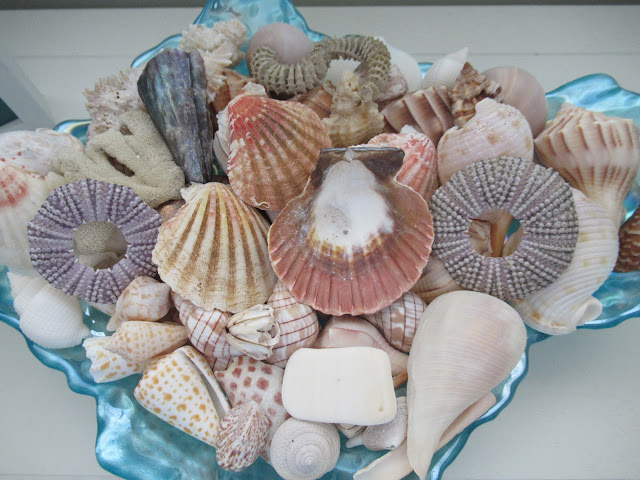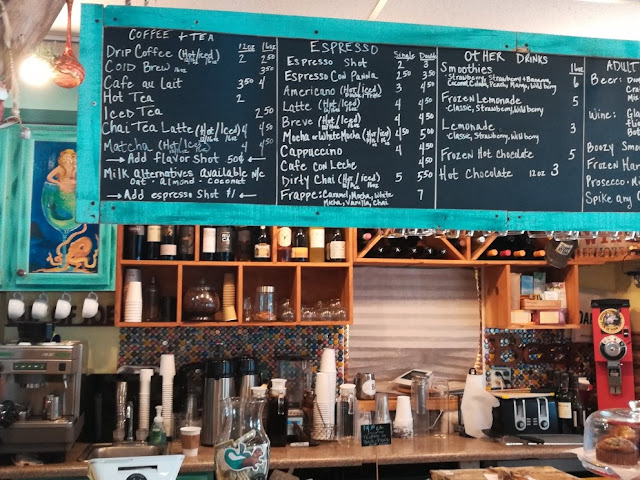Egg Shell Casings
I'm fascinated by egg shell casings. For the longest time, I had no idea what I was looking at. Was it seaweed? Was it a sea sponge? Nope. They were egg casings. Hundreds of shells come from these eggs. My favorite is the horse conch (far left) -- the national shell of Florida. The egg casing resembles a little trumpet, just like the shell. And the prettiest is the banded tulip egg casing; they look like tiny bouquets of flowers -- just like the delicate shells they produce. The apple murex took me the longest to figure out because I thought it was a sea sponge for the longest time. Finally, I investigated it further and was surprised that it was an apple murex egg casing.
The egg casing that is most common is the lightning whelk (far right). Sometimes I find them as long as three feet. Can you imagine how many eggs it produces? Each capsule contains approximately 0-99 eggs and most strings contain 40 to 160 capsules. So what should you do when you find one washed up on shore? If it still looks viable and not dried up, I place them gently back in the water so the little embryos have the best chance of survival.
As a sheller, I'm mindful of the entire process: the shell, the creature inside the shell, and the eggs that the shells come from. It's a process. Any break in the cycle and that shell is in jeopardy of extinction. So, we all have a responsibility in the process. Never take a shell with a live creature inside. And never take a live sand dollar (easy to identify because it's dark and very rough). These mollusks lie on the bottom of the ocean and dig into the sand to protect themselves. When they turn white, they are no longer living and their skeleton is one of the most delicate and prized shells because of their beauty. Here on the Gulf of Mexico, we have keyhole sand dollars which are so popular because they can be easily made into ornaments.
I still have a lot more egg casings to identify, but I'll be sure to pass on the information once I do. Happy shelling everyone!
Until next time,
.jpg)



Comments
Post a Comment